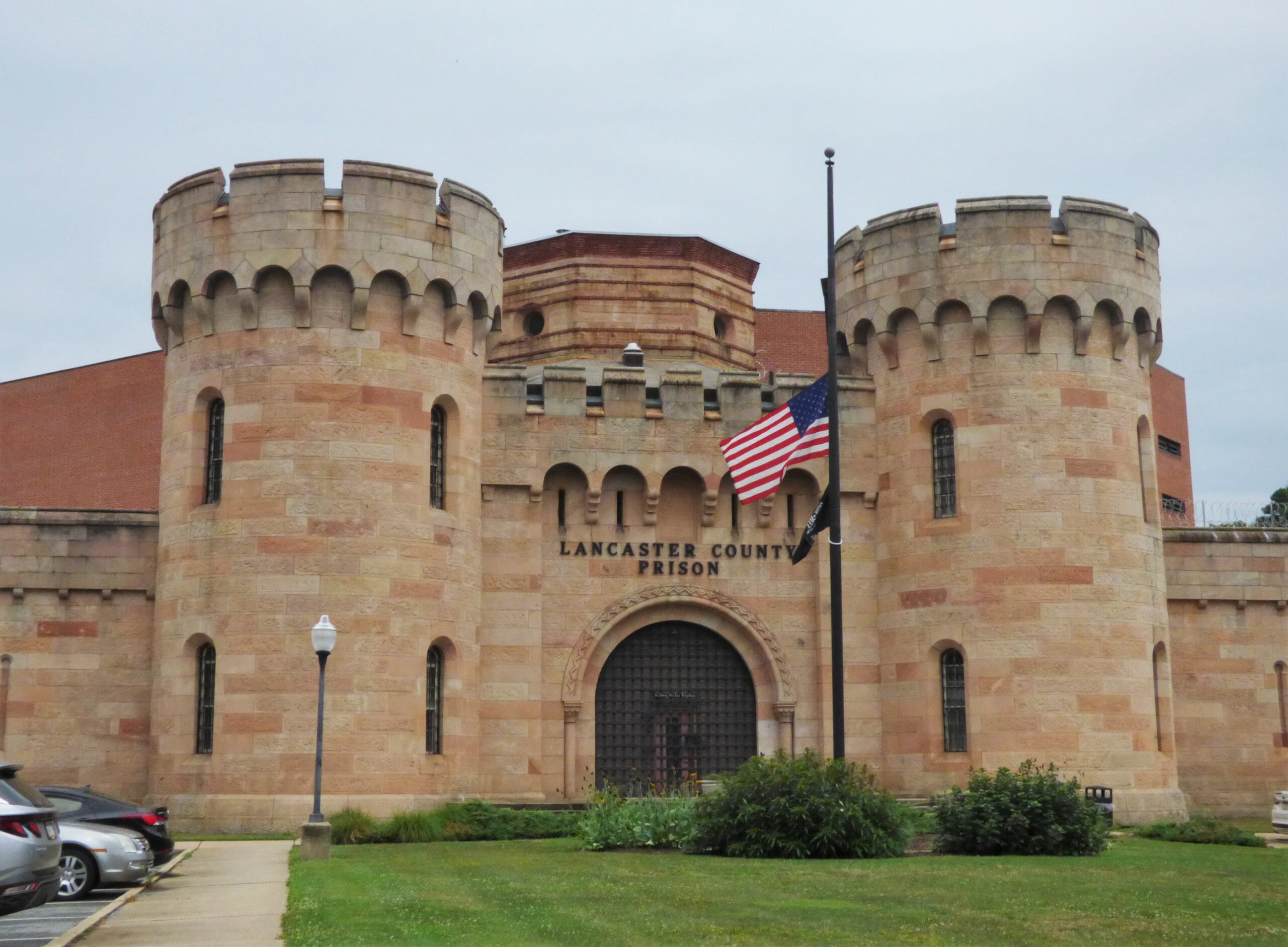The Lancaster County commissioners voted Wednesday to approve a contract with Mount Joy-based nonprofit Donegal Substance Abuse Alliance to support inmates enrolled in the County Prison’s Medication Assisted Treatment program, or MAT, following their release.
For individuals with substance abuse disorder who begin MAT in prison, providing continuity through post-release “aftercare” helps to ensure they stay on track, Deputy Warden Joe Shiffer said. The prison has been working with community partners to provide that support: The contract with Donegal will enhance those efforts and put them on a solid, sustainable footing, he said.
“The aftercare is such a key piece,” he told One United Lancaster. “We need that link to the community to keep them accountable to their treatment goals.”
Donegal already provides drug and alcohol education at the prison. The nonprofit is “uniquely qualified” to provide post-release case management, Shiffer told the commissioners: “These are services that they already provide.”
The medications offered in MAT programs help to offset the symptoms of opioid withdrawal, making it easier for individuals to free themselves from addiction.
Under the contract, Donegal will provide a part time program manager and up to two recovery support specialists. They will establish relationships with inmates in the prison and serve as their community liaisons for reentry, providing referrals and support and monitoring their progress.
Donegal will coordinate closely with county probation and parole, Shiffer said, to provide accountability and ensure reentrants are complying with their conditions of release.
The contract is retroactive to July 1 and runs through the end of September 2024. It is capped at $142,598. The funding comes from a $500,000 grant received from the Pennsylvania Commission on Crime & Delinquency.
The prison launched its MAT program as a pilot a year ago this month. Besides the state grant, it is being supported with $125,060 from the county’s opioid settlement, having been designated as one of the five priority areas for that funding.
MAT is voluntary, Shiffer noted, and while eligible individuals are strongly encouraged to take part, it’s up to them to stick with it, inside the prison and out.
With roughly 30 to 40 inmates participating in MAT in a given month, Reentry Services Manager Christina Fluegel estimated Donegal will likely serve 200 to 250 individuals post-release over the coming year.
The prison will track them as part of its overall recidivism tracking and data collection, she said.
MAT is considered a best practice for treating substance abuse. As Shiffer noted, individuals are at heightened risk of relapse during reentry. Nationwide, overdoses are among the leading causes of reentrant deaths.
Accordingly, “jail-based MAT programs should have comprehensive reentry planning in place to ensure individuals are able to access affordable MAT and other health care treatments upon release,” and jurisdictions should provide ongoing support during reentrants’ return to the community, the federal Substance Abuse & Mental Health Services Administration says in its official guidance.






